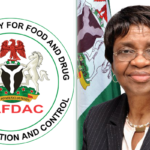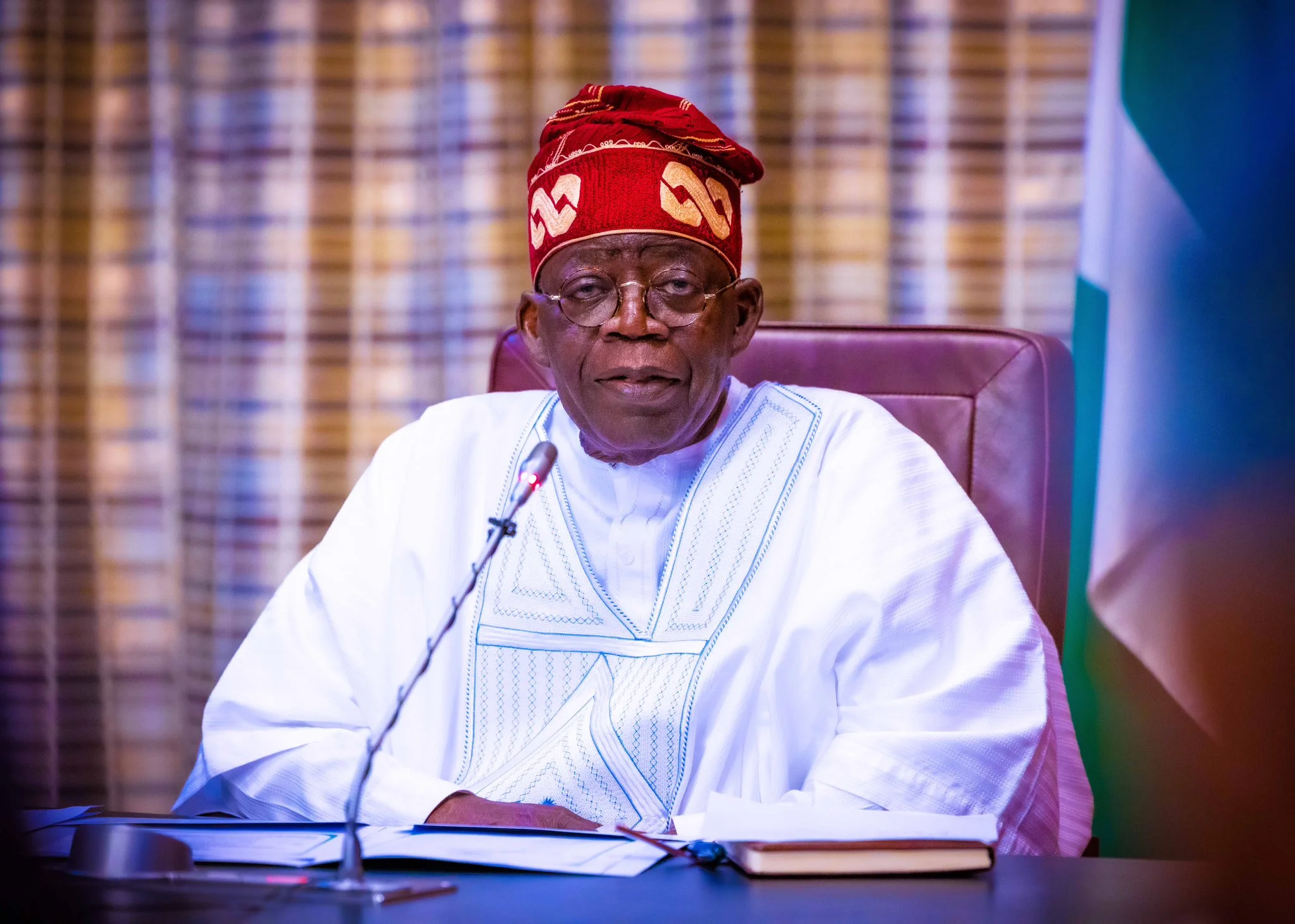The Belgian prime minister has formally tendered his resignation following a visit to the King, after his Flemish Liberals and Democrats party (Open VLD) suffered heavy defeats in Sunday’s general election.
Alexander De Croo will remain caretaker prime minister until a new coalition, involving seven parties, is formed, a process that could take months.
In line with protocol, he handed in his resignation to Belgium’s King Philippe on Monday morning at the royal palace in Brussels.
A new government is likely to coalesce around the rightwing New Flemish Alliance (N-VA), which beat its arch-rival, the far-right Vlaams Belang, into second place in the key Dutch-speaking Flanders region where it had been predicted to top the polls.
“For us, it’s a particularly difficult evening. We lost. As of tomorrow, I will resign as prime minister,” a visibly emotional De Croo told supporters on Sunday.
“Our obituaries were written, but we won these elections,” said the N-VA leader, Bart De Wever, who looks likely to become Belgium’s next prime minister.
Under the rules, a lead negotiator must be picked by the king to kick off the negotiations, and De Wever is likely to be chosen by the end of the week, according to local media.
But the French-speaking liberal party, Mouvement Reformateur, was the biggest in Brussels and French-speaking Wallonia, setting the country on course for months of challenging coalition talks.
The result came on a day of triple elections for Belgians, who were also voting for regional and European elections, in which the far-right made the biggest gains, preliminary results showed.
With more than 90% of the vote counted, N-VA had a clear lead over Vlaams Belang, with De Croo’s party dropping to ninth place, partial results published on the interior ministry website showed.
New Flemish Alliance (N-VA) retained its first spot, with an expected 22% of the votes, according to provisional results provided by the interior ministry.
The Vlaams Belang came in second position, with a share of 17.5%, ahead of the Socialist Vooruit party, which garnered about 10.5% of the votes.
De Croo’s party managed less than 7% of the votes, lagging well behind the far left.
Neither N-VA nor Vlaams Belang – which has anti-immigrant policies and wants to split up Belgium – is part of the seven-party governing coalition.
Despite picking up 22% of the vote for the Flemish parliament and 14% for the federal parliament, Vlaams Belang looked set to remain excluded from power.
The anti-immigration Eurosceptics had been hoping that a dominant showing would see them force their way into the regional government, just as ally Geert Wilders had done on the national stage in the Netherlands with a win last year.




















































































